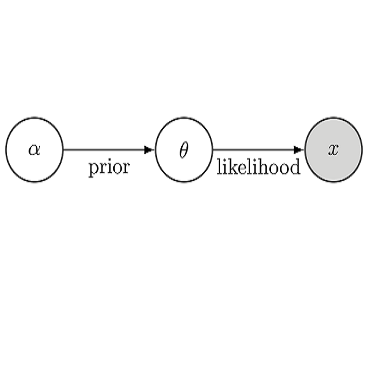Conformal prediction has emerged as a cutting-edge methodology in statistics and machine learning, providing prediction intervals with finite-sample frequentist coverage guarantees. Yet, its interplay with Bayesian statistics, often criticised for lacking frequentist guarantees, remains underexplored. Recent work has suggested that conformal prediction can serve to "calibrate" Bayesian credible sets, thereby imparting frequentist validity and motivating deeper investigation into frequentist-Bayesian hybrids. We further argue that Bayesian procedures have the potential to enhance conformal prediction, not only in terms of more informative intervals, but also for achieving nearly optimal solutions under a decision-theoretic framework. Thus, the two paradigms can be jointly used for a principled balance between validity and efficiency. This work provides a basis for bridging this gap. After surveying existing ideas, we formalise the Bayesian conformal inference framework, covering challenging aspects such as statistical efficiency and computational complexity.
翻译:暂无翻译



